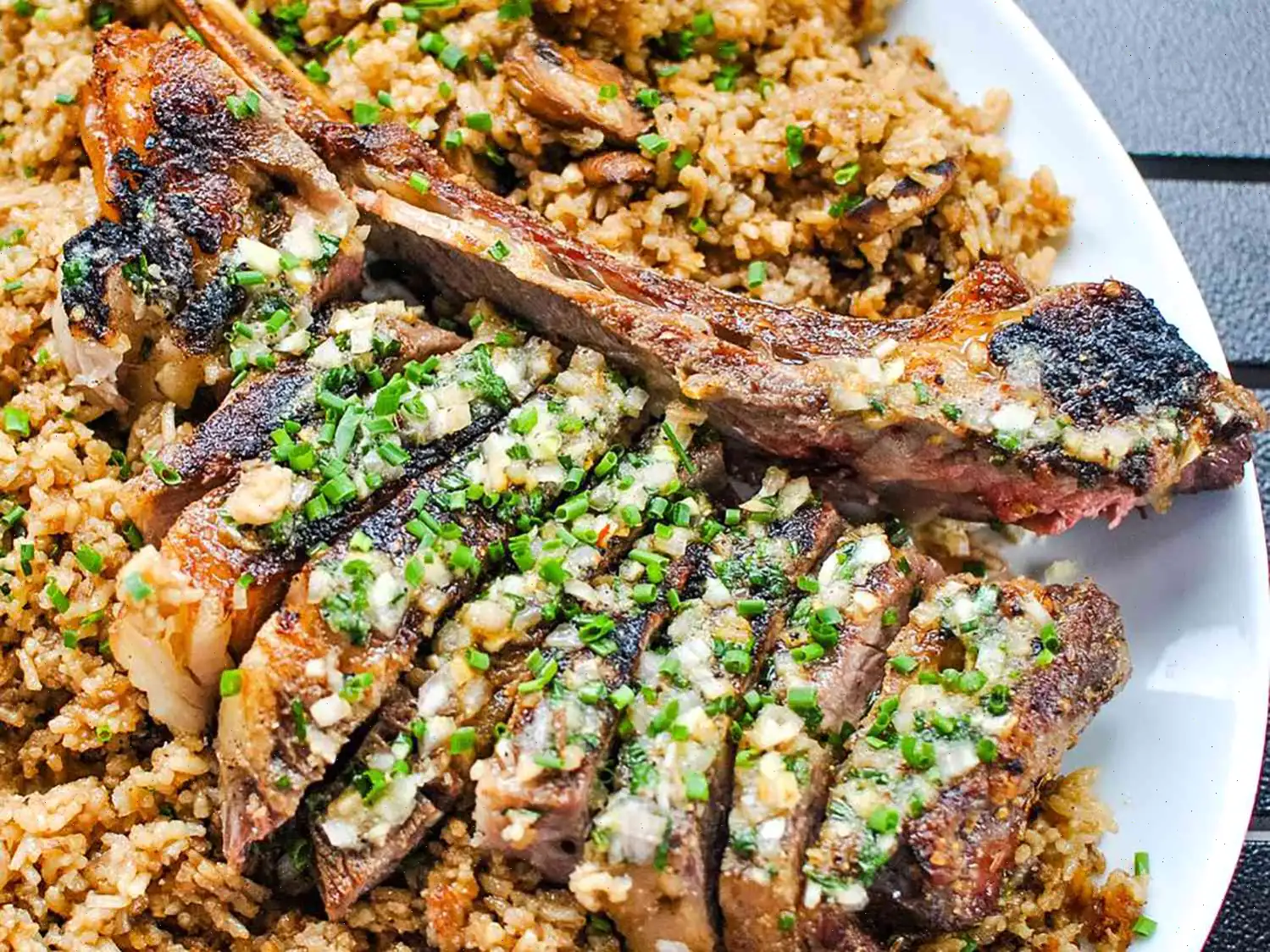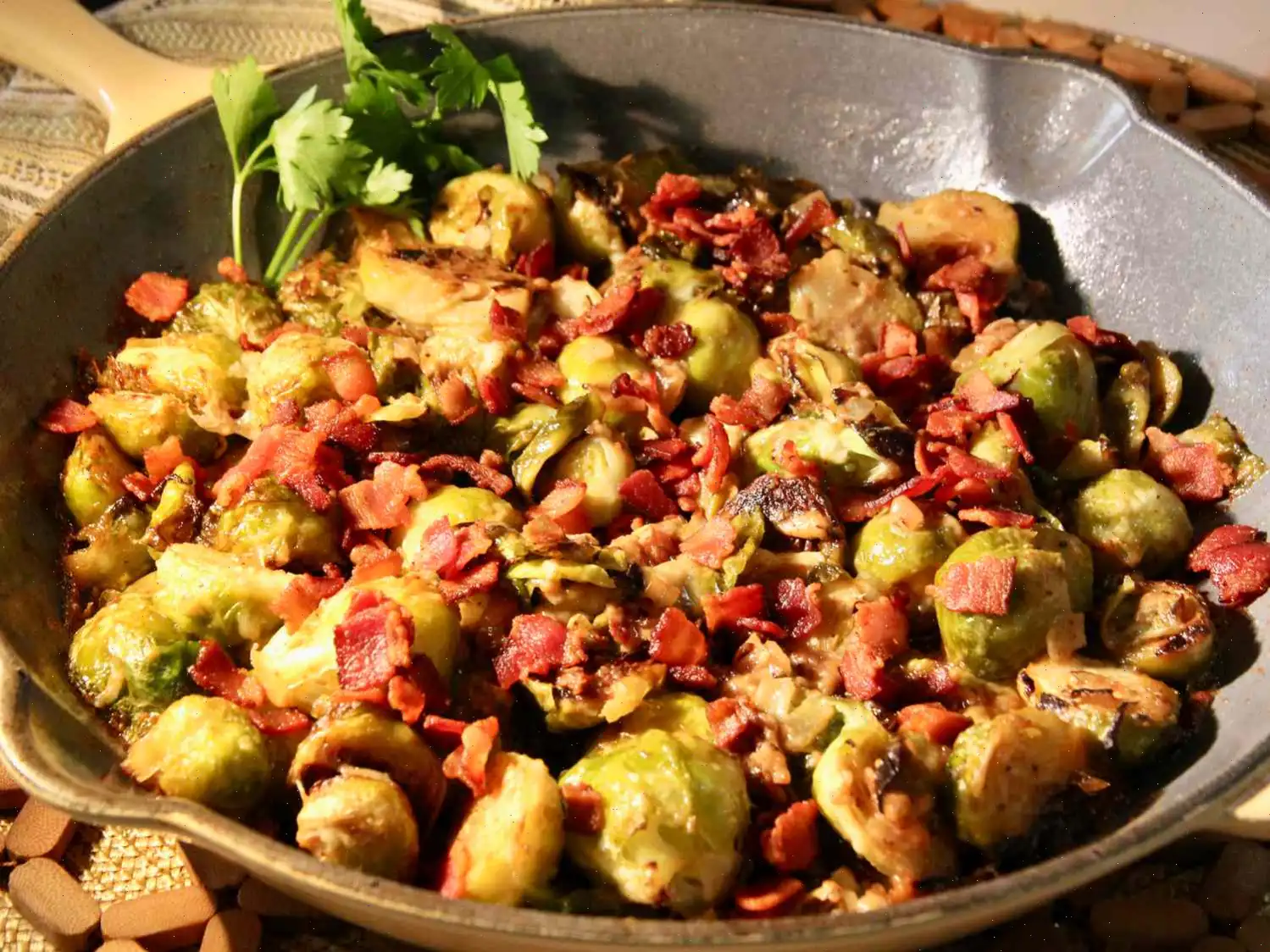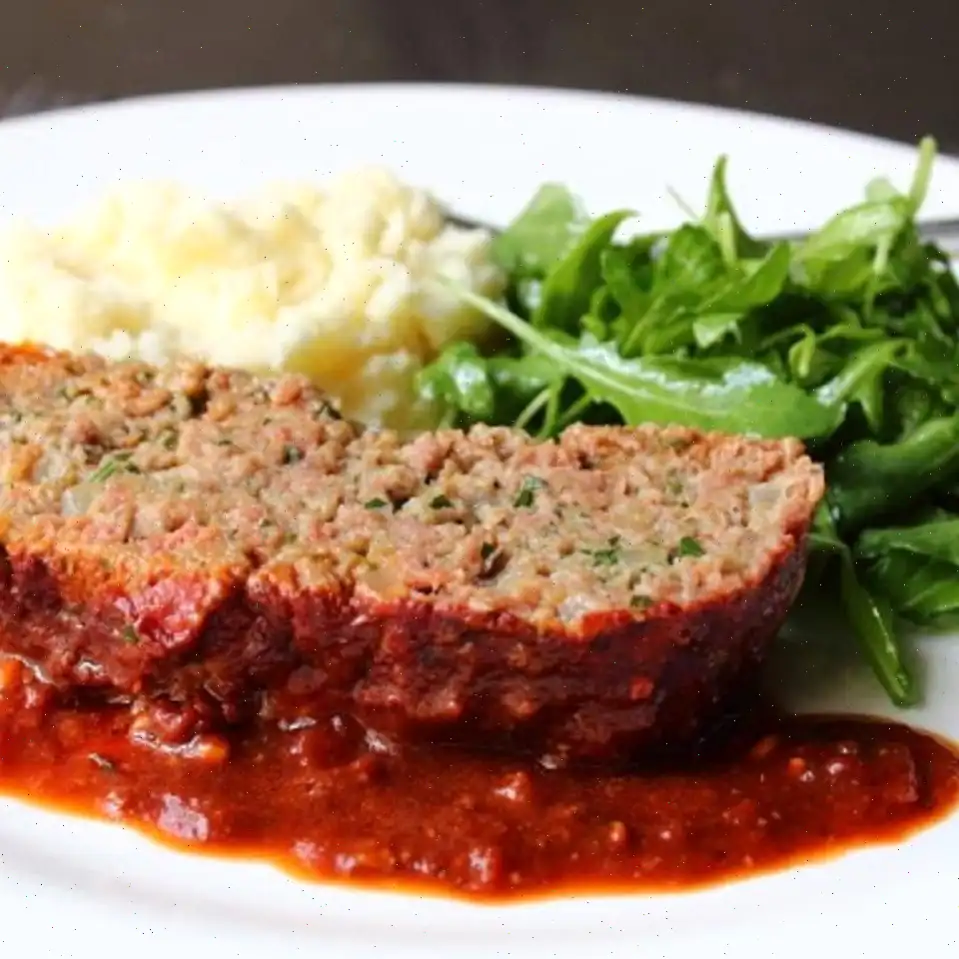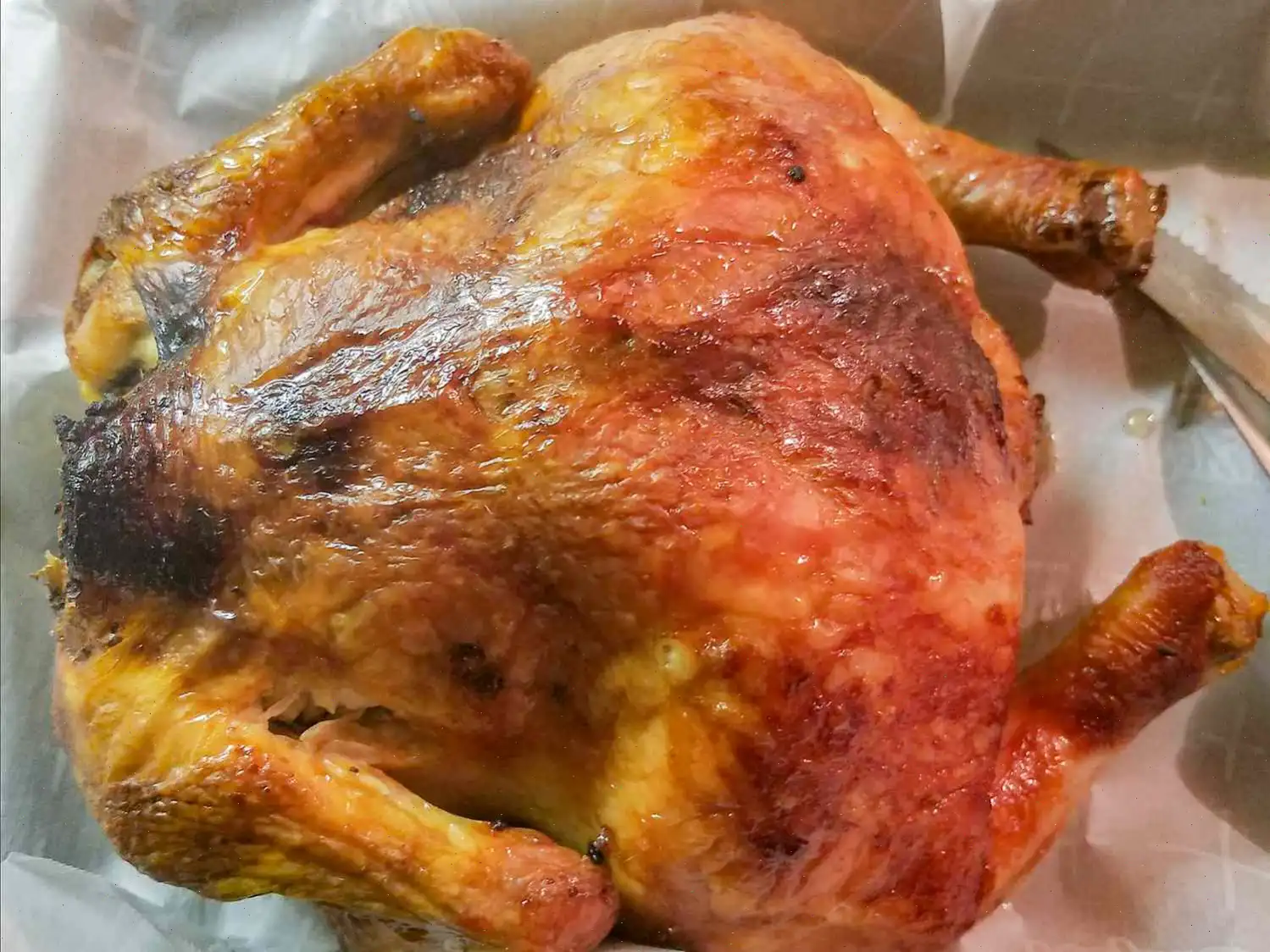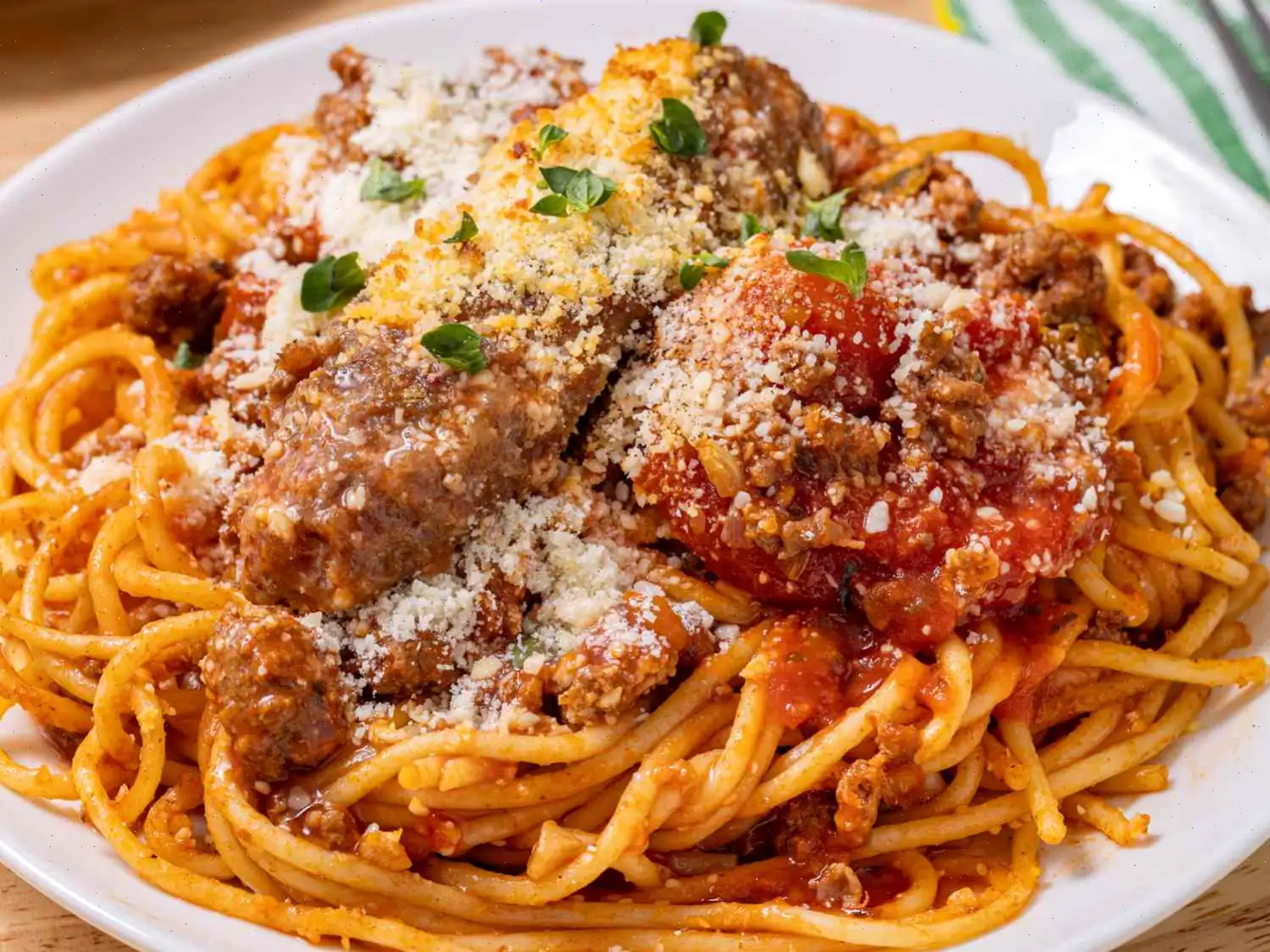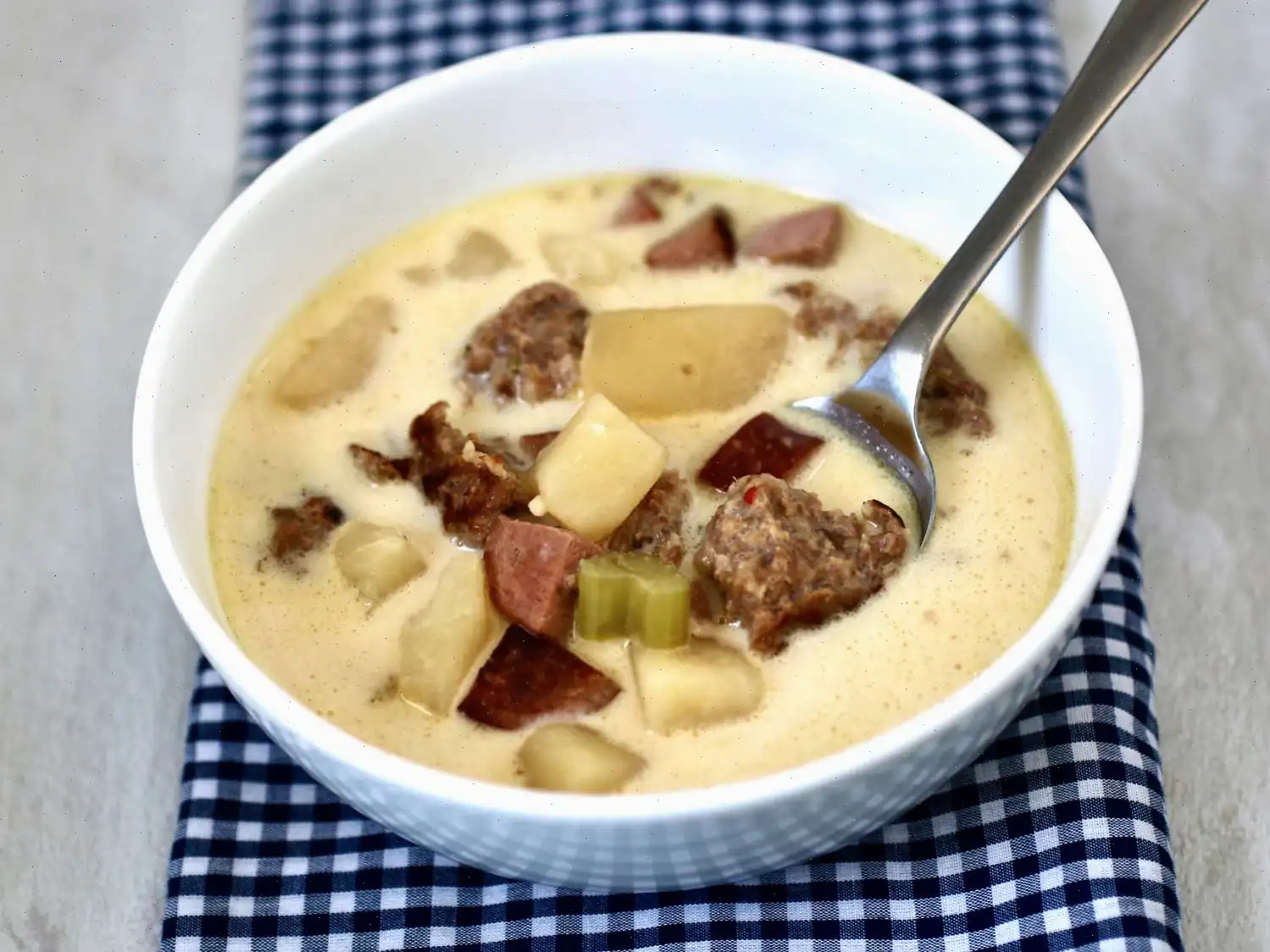
Grilled Tomahawk Steak Recipe
Ingredients
Steak Rub and Steak
- 1 tablespoon brown sugar
- 1 tablespoon Montreal steak seasoning
- 2 teaspoons garlic powder
- 2 teaspoons onion powder
- 1 (2 pound) tomahawk steak (3-inch thick bone-in ribeye)
Compound Butter
- 1/4 cup salted butter, at room temperature
- 1 tablespoon minced shallot
- 1 clove garlic, minced
- 1 tablespoon chopped fresh chives
- 2 teaspoons reserved steak rub
Directions
Step 1: Prepare the Steak Rub
In a small airtight , combine brown sugar, Montreal steak seasoning, garlic powder, and onion powder. Shake or stir to mix thoroughly. Reserve 2 teaspoons of this rub to incorporate into the compound butter later.
Step 2: Season the Steak
Place the tomahawk steak on a half sheet pan and coat all sides evenly with the remaining steak rub. Leave uncovered in the refrigerator to dry-brine overnight.
Step 3: Make the Compound Butter
In a small bowl, mash together butter, shallot, garlic, chives, and the reserved 2 teaspoons of steak rub until well combined. Transfer to a small airtight and refrigerate until ready to serve.
Step 4: Preheat and Cook
Remove the steak from the refrigerator 1 hour before cooking to come to room temperature. Preheat the oven to 300F (150C). Using the reverse sear method, place the steak on the same sheet pan used for dry-brining. Insert an instant-read thermometer and bake until the internal temperature reaches 110F (43C), approximately 45 minutes, checking from 30 minutes onward.
Step 5: Sear on the Grill
During the last 15-20 minutes of baking, preheat an outdoor grill to high heat and lightly oil the grates. Once the steak reaches 110F (43C), remove it from the oven and sear directly on the grill for 2 minutes per side. Watch for flare-ups, as this cut is fatty. The internal temperature should reach 125-135F (51-57C) for medium-rare.
Step 6: Finish with Compound Butter
Remove the steak from the grill and spread the compound butter over the top, allowing it to melt into the meat. Let the steak rest for 10 minutes before slicing. Serve with accumulated juices and melted butter, keeping the bone for presentation.
Cooks Notes
Searing each side ensures a crispy crust while maintaining medium-rare perfection. A Bluetooth-enabled meat thermometer can help achieve accurate results. Serve with baked rice and a wedge salad for a complete meal. Both can be prepared ahead of time for convenience.
Nutrition Facts (per serving)
- Servings: 6
- Calories: 649
- Total Fat: 47g (61%)
- Saturated Fat: 22g (112%)
- Cholesterol: 182mg (61%)
- Sodium: 424mg (18%)
- Total Carbohydrate: 4g (2%)
- Dietary Fiber: 0g
- Total Sugars: 2g
- Protein: 52g (104%)
- Vitamin C: 1mg (1%)
- Calcium: 38mg (3%)
- Iron: 5mg (29%)
- Potassium: 627mg (13%)
*Percent Daily Values are based on a 2,000 calorie diet. Individual values may vary. Consult a doctor or dietitian if following a medically restrictive diet.
History and Origins
The Tomahawk steak traces its roots to classic American ranching culture, where butchers sought to highlight the beauty of a full ribeye with its long frenched bone intact. Its striking appearance resembled a traditional tomahawk axe, inspiring the name. While ribeye cuts have been popular for centuries, the dramatic presentation of the Tomahawk gained prominence in upscale steakhouses in the late 20th century, becoming a symbol of indulgence and mastery over open-fire cooking.
Regional Variations
Across the United States, the preparation of a Tomahawk steak varies by region. In Texas, the focus is on bold spices and mesquite smoke, embracing rugged cowboy-style grilling. The Midwest tends to favor simple seasoning that highlights the natural marbling of locally raised beef. On the West Coast, chefs often pair the steak with compound butters infused with herbs and citrus for a lighter, modern twist. Internationally, Australian and Argentinian grill masters contribute their own approaches, using high-heat charcoal grills to create deep caramelization and smoky depth.
Differences from Similar Cuts
Although closely related to the bone-in ribeye, the Tomahawk stands out because of its extended bone, which enhances presentation and helps retain moisture during cooking. Unlike a cowboy ribeye, which includes a shorter bone, the Tomahawks length adds visual drama and allows for more even heat distribution. Its thickness also distinguishes it from traditional steaks, making it ideal for reverse searing and slow-to-hot cooking techniques.
Typical Serving Settings
Grilled Tomahawk steak is commonly served in high-end steakhouses, at outdoor cookouts, and during celebratory gatherings where its impressive size becomes a centerpiece. It often appears at events such as Fathers Day dinners, backyard barbecues, or gourmet tasting menus. The carving ritualslicing the steak tablesideadds a theatrical element that enhances the dining experience.
Interesting Facts
One fascinating fact is that a Tomahawk steak can weigh up to several pounds, making it one of the largest commonly grilled cuts. Its long bone is sometimes used by chefs as a handle during searing for better control over browning. Because of its thickness, this steak is ideal for reverse sear methods, yielding a perfectly even interior. Many enthusiasts also swear by dry-brining overnight, which intensifies flavor and creates the signature crust that steak lovers crave.
FAQ about Grilled Tomahawk Steak Recipe
Comments
Paul Edwards
09/28/2025 09:41:30 PM
This dish was truly amazing! It came out flawless. The meat was incredibly tender and juicy, bursting with flavor from the compound butter - delicious!
Julie Thompson
09/28/2025 04:41:43 AM
I really enjoyed it, but cooking it at 110 in the oven resulted in it being overcooked. I cooked it at 100 degrees first and then seared it. We prefer it very rare. However, after searing it, the thickest part ended up at 120, which meant the outer parts were also at 120.
Brian Brown
09/29/2025 12:46:17 AM
An experience like no other! This steak was so exceptional, it felt like a masterpiece created by a confident artist. Absolutely out of this world. Thank you! ❤️👏
Thomas Miller
09/28/2025 04:35:36 AM
This recipe is fantastic not only for tomahawk steak but also for thick rib eye steak.


